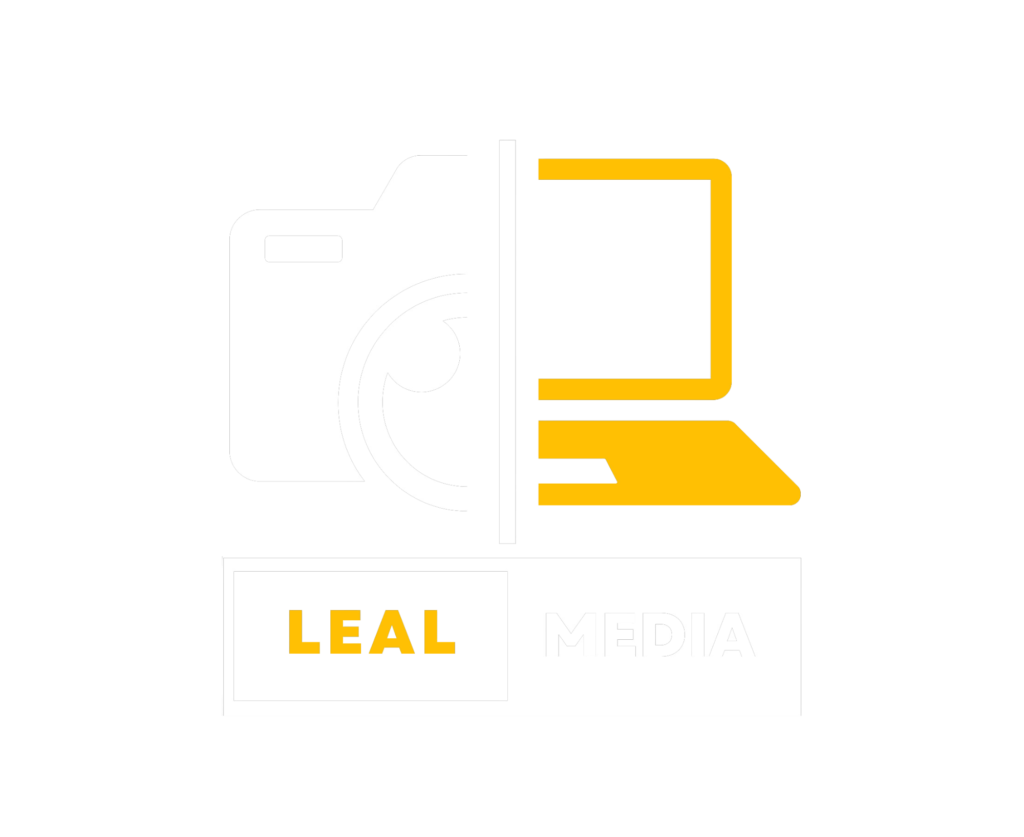PPC campaign management is crucial for businesses aiming to maximize their return on investment in the digital advertising space. By effectively overseeing your pay-per-click strategies, you can attract more targeted traffic, increase conversions, and optimize ad spend. This guide delves into the best practices for managing PPC campaigns, enabling you to achieve better results and stay ahead of competitors.
Understanding PPC Campaign Management
PPC, or Pay-Per-Click, is a model of internet marketing used to drive traffic to websites. Advertisers pay a fee each time their ad is clicked. Efficient PPC campaign management is crucial to ensuring a positive ROI. Key components include keyword research, ad creation, and bid management.
Keyword Research
Keywords are the foundation of any PPC campaign. Selecting the right keywords involves identifying terms your target audience is likely to search for. Utilize tools like Google Keyword Planner and SEMrush. Look for keywords with high search volume and low competition.
Long-tail Keywords: Consider long-tail keywords, which are more specific and often less competitive. They usually have lower search volumes but can attract highly targeted traffic.
Crafting Effective Ad Copy
Ad copy plays a significant role in a PPC campaign’s success. A compelling ad copy can enhance click-through rates (CTR) and improve quality score. Focus on creating concise and engaging ads that directly address the user’s search intent.
Ad Relevance and Quality Score
Ad relevance is crucial for your quality score, which affects your ad placement and cost. Ensure your ad copy is closely related to the keywords you’re targeting. Incorporate a clear call-to-action (CTA) to guide users on what action to take.
Designing Landing Pages
Landing pages are where users arrive after clicking an ad. An effective landing page can significantly impact conversion rates. Make sure it offers a seamless user experience, is mobile-friendly, and contains a compelling offer.
User Experience (UX)
Focus on creating a clear and simple UX by ensuring fast load times, easy navigation, and relevant content. A good UX can keep visitors engaged and can improve conversion rates.
Bid Management Strategies
Bid management is a critical component of PPC campaign management. It involves adjusting your bids to make the most of your budget while targeting the right audience. Consider using automated bidding strategies available on platforms like Google Ads.
Manual vs. Automated Bidding
Manual bidding allows for precise control over individual keyword bids, whereas automated bidding uses AI to optimize bids for maximum conversions or targeted CPA. Decide which strategy fits your business goals best.
Tracking and Analytics
Monitoring your PPC campaign is essential for ongoing optimization. Use tools like Google Analytics to track performance metrics such as CTR, conversion rate, and cost per conversion.
Key Performance Indicators (KPIs)
Define KPIs such as ROI, quality score, and engagement metrics. Regularly review these KPIs to assess campaign performance and identify areas for improvement.
Ad Extensions
Ad extensions provide additional information in your ads, improving visibility and CTR. Implement various extensions like site links, call extensions, and location extensions to enhance ad relevance.
Utilizing Ad Extensions
Select extensions that align with your campaign goals. For instance, if your aim is to drive phone calls, consider using call extensions in your ads.
Competitor Analysis
Analyzing competitors’ PPC strategies can provide insights into their strengths and weaknesses. Use this information to refine your campaign strategy and identify untapped opportunities in your market.
Tools for Competitor Analysis
Utilize tools like SpyFu and Ahrefs to gather data on competitor keywords, ad copy, and landing pages. This information can guide your keyword choices and ad design.
Optimizing Ad Performance
Continuous optimization is necessary to maintain and improve ad performance. Test different variations of ad copy, landing pages, and keyword targeting to find the most effective combinations.
A/B Testing
Implement A/B testing for ads and landing pages to understand which elements perform best. This can lead to increased conversions and improved ROI over time.
Negative Keywords
Negative keywords prevent your ads from appearing for irrelevant searches, saving budget and enhancing targeting efficiency. Regularly review and update your negative keyword list to minimize wasteful spending.
Updating Negative Keywords
Analyze search query reports to identify irrelevant terms triggering your ads. Continually refining negative keywords ensures you’re reaching the most relevant audience.
Conclusion
Each aspect of PPC campaign management plays a vital role in boosting ROI. By implementing effective strategies in keyword selection, ad design, bid management, and analytics, businesses can enhance their PPC outcomes.



